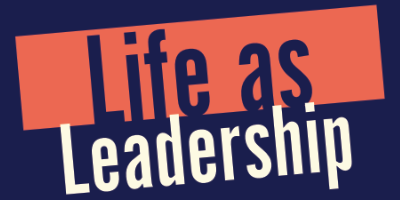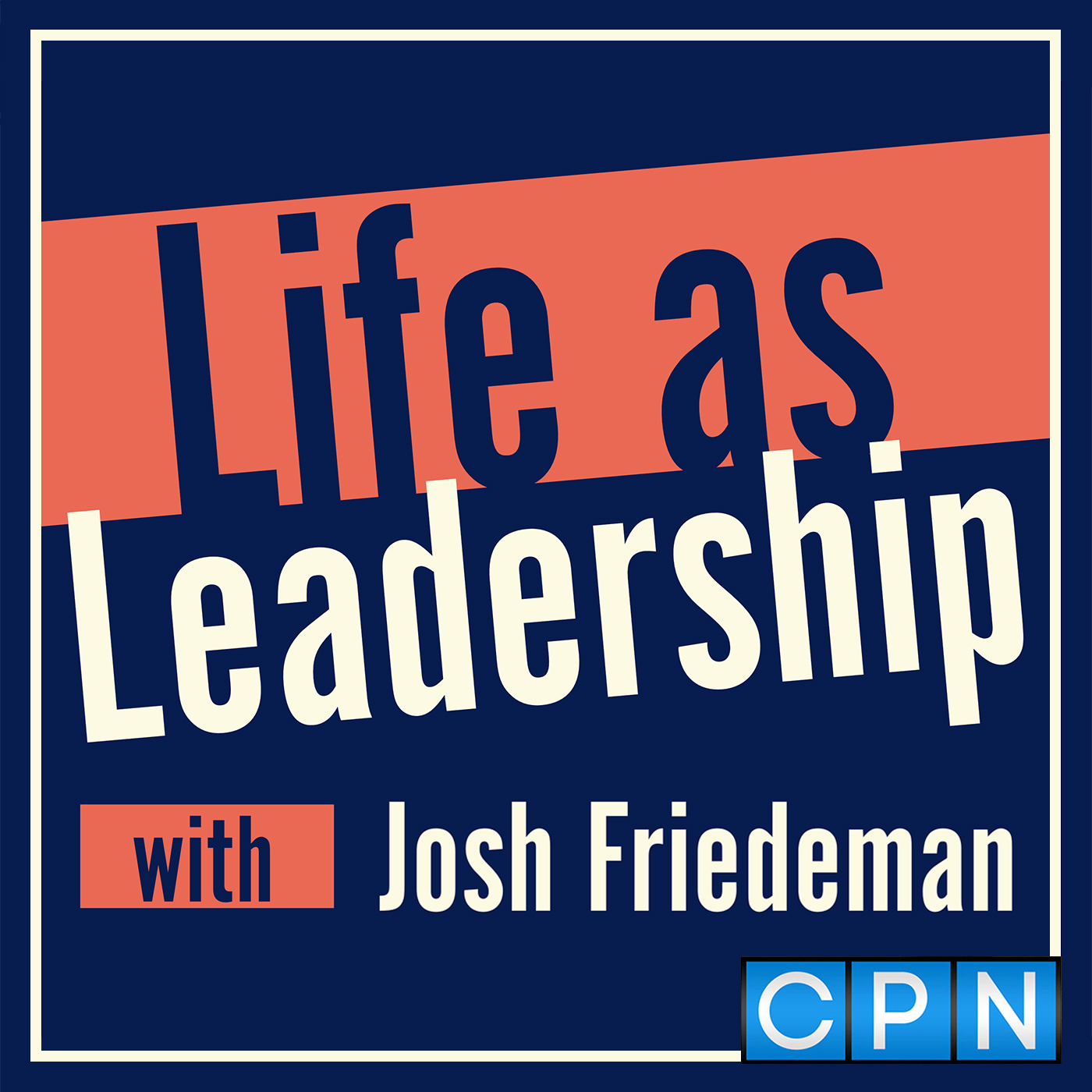Episode 35
The Complexity Formula – Solving Problems Faster with David Komlos and David Benjamin
David Komlos is CEO of Syntegrity, a consulting firm that specializes in applying the Complexity Formula in organizations. David has done this in some of the most interesting and high-stakes situations in the world, including inside Fortune 15 boardrooms, with international aid, in content creation in sports and entertainment, and in improving access to life-saving products.
David Benjamin co-founded Syntegrity and is the chief architect behind the organization’s implementation of the Complexity formula outlined in today’s book. David advises Fortune 500 companies and government leaders on how to organize for complexity. Together, they are the authors of Cracking Complexity: The Breakthrough Formula for Solving Just About Anything Fast.
LEADERSHIP INSIGHTS
- Complexity is uncertainty, unscientific, has a high human element, and is often uncharted territory.
- Complicated things are usually linear, have a blueprint, and can be easily handled by experts.
- Requisite variety is the "necessary and sufficient mix of people" who have enough knowledge, expertise, etc. to work together to resolve the complex challenge.
- Requisite variety iS comprised of those in and around the organization.
- The Law of Requisite Variety: Only variety can destroy variety. A complex situation requires a variety of expertise and insight to match it.
- Consider who you need to add to your team to have the necessary voices and insights to handle complexity. Sometimes this includes adding those whose buy-in you need.
- There are no experts in the particular complex issues we encounter in life. This is why a community of individuals is important.
- When handling complexity together, set up a system for people to interact methodically with each other.
- Three iterations: 1. Issues, opportunities, challenges, griping, telling stories; 2. True ideation, reflecting on issues and what was said; 3. Pulling together a set of finite recommendations.
- Requisite variety will by definition leave out others. Communicate with the whole organization before and after for all to understand the process and decisions that were made.
- When dealing with complexity, believe that you have the right answers. You are the ones who can bring the context, not the experts.
QUESTIONS TO INSPIRE US TO ACTION
- What is some lesson, saying, or experience that continues to influence your leadership to this day? David K.: Only variety absorbs/can destroy variety. David B.: People in the world are good. There are exceptions, but people have good intentions and meaning.
- Use three descriptors to finish this sentence: “A leader is…” David K.: Self-aware, a servant, and determined. David B.: A strong listener, an enabler, and self-deprecating.
- What is a question that leaders should be asking either themselves or others? David B: Is this a complex problem or a complicated problem?
- What book would you recommend to leaders? David B.: Team of Rivals by Doris Kearns Goodwin; David K: Crossing the Chasm by Geoffrey Moore and Good to Great by Jim Collins.
- If you could get every listener to start doing something THIS week to help them be a better leader, what would it be? David K: Take a step back when you're facing a challenge and articulate what you're trying to solve, then ask a really good question that captures the nature of the problem; David B.: Next time you're in a meeting and feel like you know the answer, sit back and be a critic rather than rushing to give your answer.
- As a general life principle, is it better to ask “why?” or “why not?” Both Davids: "Why?" as a way to understand the world.
CONNECT WITH DAVID AND DAVID
- https://www.crackingcomplexity.com
CONNECT WITH JOSH
- Instagram: @joshuafriedeman
- Email: josh@friedemanleadership.com
Want a FREE list of weekly action steps to improve your leadership? Download the Leadership Action List TODAY!
Mentioned in this episode:
Business Bitcoinization Trailer
Subscribe to Business Bitcoinization


